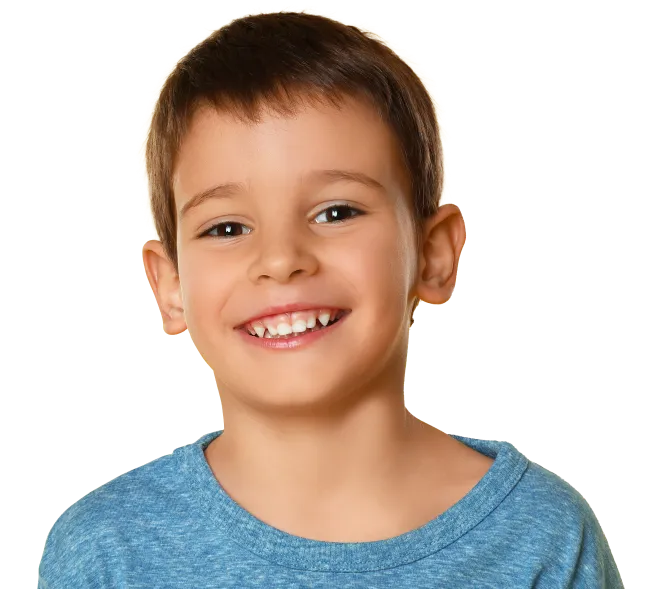Pediatric Dentistry

Pediatric dentistry (formerly Pedodontics/Paedodontics) primarily focuses on children from birth through adolescence. The American Dental Association (ADA), recognizes pediatric dentistry as a specialty, and therefore requires dentists to undertake two or three years of additional training after completing a general dentistry degree. At the end of this training, the American Board of Pediatric Dentistry issues a unique diploma (Diplomate ABPD). Some pediatric dentists (pedodontists) opt to specialize in oral care for children with special needs, specifically children with autism, varying levels of mental retardation, or cerebral palsy.
One of the most important components of pediatric dentistry is child psychology. Pediatric dentists are trained to create a friendly, fun, social atmosphere for visiting children, and always avoid threatening words like “drill,” “needle,” and “injection.” Dental phobias beginning in childhood often continue into adulthood, so it is of paramount importance that children have positive experiences and find their “dental home” as early as possible.
What Does a Pediatric Dentist Do?
Pediatric dentists fulfill many important functions pertaining to the child’s overall oral health and hygiene. They place particular emphasis on the proper maintenance and care of deciduous (baby) teeth, which are instrumental in facilitating good chewing habits, proper speech production, and also hold space for permanent teeth.
Other important functions include:
- Education – Pediatric dentists educate the child using models, computer technology, and child-friendly terminology, thus emphasizing the importance of keeping teeth strong and healthy. In addition, they advise parents on disease prevention, trauma prevention, good eating habits, and other aspects of the home hygiene routine.
- Monitoring growth – By continuously tracking growth and development, pediatric dentists are able to anticipate dental issues and quickly intervene before they worsen. Also, working towards earlier corrective treatment preserves the child’s self-esteem and fosters a more positive self-image.
- Prevention – Helping parents and children establish sound eating and oral care habits reduces the chances of later tooth decay. In addition to providing check ups and dental cleanings, pediatric dentists are also able to apply dental sealants and topical fluoride to young teeth, advise parents on thumb- sucking/pacifier/smoking cessation, and provide good demonstrations of brushing and flossing.
- Intervention – In some cases, pediatric dentists may discuss the possibility of early oral treatments with parents. In the case of oral injury, malocclusion (bad bite), or bruxism (grinding), space maintainers may be fitted, a nighttime mouth guard may be recommended, or reconstructive surgery may be scheduled.

